Your house is an investment and a haven in addition to being a basic need for housing. Nevertheless, water damage is a major concern when it comes to your home’s safety and longevity. Damage to your home and finances can result from water infiltration in many forms, including burst pipes, leaking roofs, and flooded basements. To help you safeguard your house from water damage, we will go over some important details in this post.
Regular Maintenance
The first line of defense against water damage in your home is regular maintenance. Inspect your roof, gutters, and downspouts regularly to ensure they are in good condition. Clear out debris and leaves that can block drainage and cause water to pool. Check for any cracks or gaps in your foundation and seal them promptly. A well-maintained home is less likely to experience water damage, but if it does, having access to professional water restoration services can make all the difference in minimizing the harm and restoring your property.
Proper Grading
The grading of your property plays a crucial role in preventing water damage. Ensure that the ground around your home slopes away from the foundation. This helps to direct rainwater away from your house, overcoming the risk of basement flooding and foundation damage. If your property’s grading is not ideal, consider consulting a professional for grading solutions.
Install Sump Pumps
When it comes to avoiding basement flooding, a sump pump can be an absolute godsend. In the event of a flood or severe rain, it can remove the water from your basement using a pump. Checking the pump regularly can ensure it is in good operating condition. Alarms and backup sump pumps are two other safety features that can be included.
Maintain Your Plumbing
Homeowners frequently experience water damage as a result of leaking pipes. Keep a close eye out for drips and leaks in your plumbing system. The regions under sinks, around appliances, and in basements or crawl spaces should be given special care. To stop water from spreading and causing additional damage, it is important to address any leaks as soon as possible.
Upgrade Appliances And Fixtures
Water damage occurrences can be caused by appliances and fixtures that are either too old or not functioning properly. We recommend that you give some thought to upgrading to water-efficient appliances and fixtures that are less likely to leak. It is important to perform routine maintenance and leak checks on appliances such as water heaters, washing machines, and dishwashers.
Install Proper Insulation
Proper insulation is essential for preventing water damage, especially in colder climates. Insulation helps to regulate temperature and reduce condensation, which can lead to water damage over time. Ensure that your home is adequately insulated, and pay attention to areas prone to condensation, such as attics and crawl spaces.
Be Prepared For Storms
Severe weather events can cause water damage, and Mother Nature isn’t always predictable. Make preparations for potential storms in advance. You should get a backup generator so that your sump pump and other important equipment can keep running even when the power goes out. Those who reside in flood-prone areas should always have sandbags and other flood defense supplies readily available.
Insurance And Documentation
Precaution is essential, but so is the ability to deal with the unexpected. Find out what happens in the event of water damage by reviewing your homeowner’s insurance policy. If you ever need to make a claim, you should have a thorough inventory of your possessions, complete with images and relevant receipts. The process of recuperation might go more smoothly if you have the correct insurance and paperwork.
Conclusion
Preventing water damage to your home includes being proactive, maintaining your home regularly, and being prepared. Reduce the likelihood of water damage to the property and protect your investment by following these eight crucial principles. Always be ready for the unexpected, but remember that prevention is always the best course of action. If you take the necessary precautions, you can live in a dry house without worrying about flooding for many years.

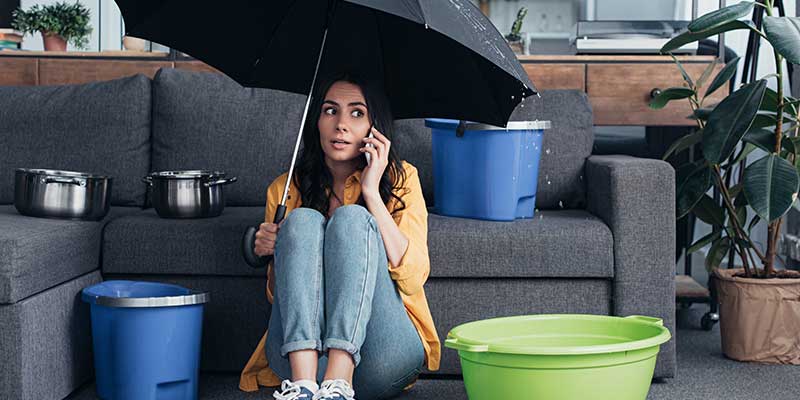
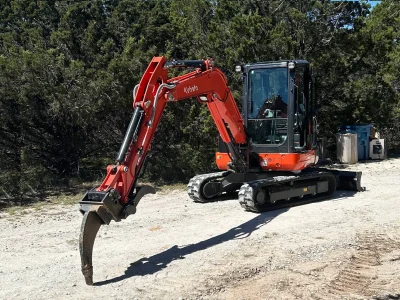
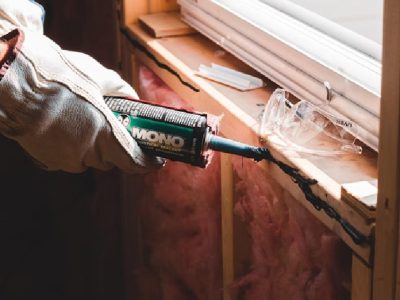
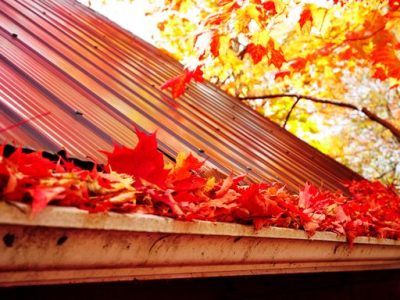
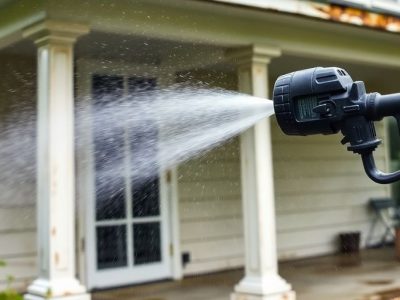
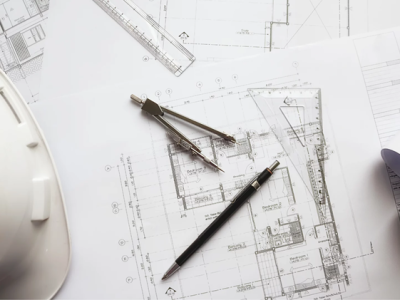
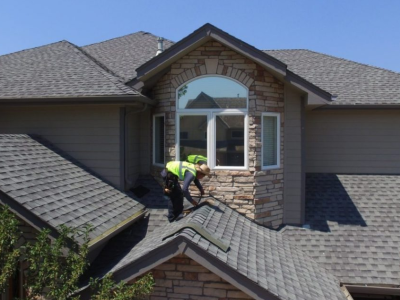




Comments